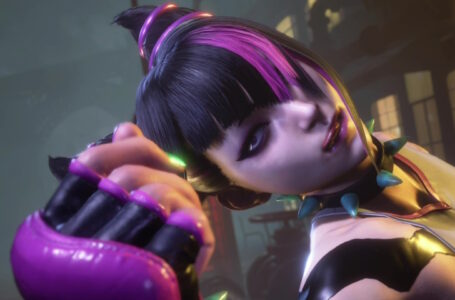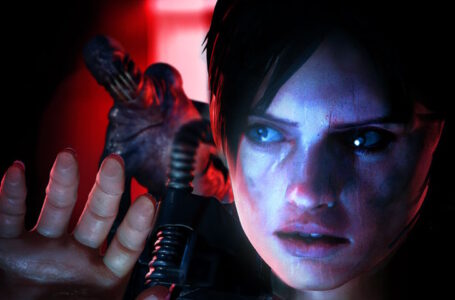Resident Evil 5 has a better grasp of classic survival horror than people give it credit for, but is that a good thing?
When I started playing through all the Resident Evil games, most people I knew who had experience with the series as a whole warned me that Resident Evil 5 and 6 in particular would be a bit of a low point before things got back on track — or perhaps more accurately, were rebooted completely — with 7 and 8.
For most people, Resident Evil 5 is the point where the series crossed the line too far in the direction of “action” after Resident Evil 4 had successfully shown that the series could be radically reinvented in terms of core mechanics and presentation. Resident Evil 5, popular wisdom has it, is a bad game, an affront to the series, a betrayal of everything that made the old games good.
But is it? After spending some time with it — and having nearly-but-not-quite beaten it at the time of writing — I find myself with rather more mixed feelings about it — particularly with it being a betrayal of classic survival horror conventions.
So let’s take a closer look at all of these aspects, and contemplate exactly where and how Resident Evil 5 fits in to the series at all — if, indeed, it does at all.
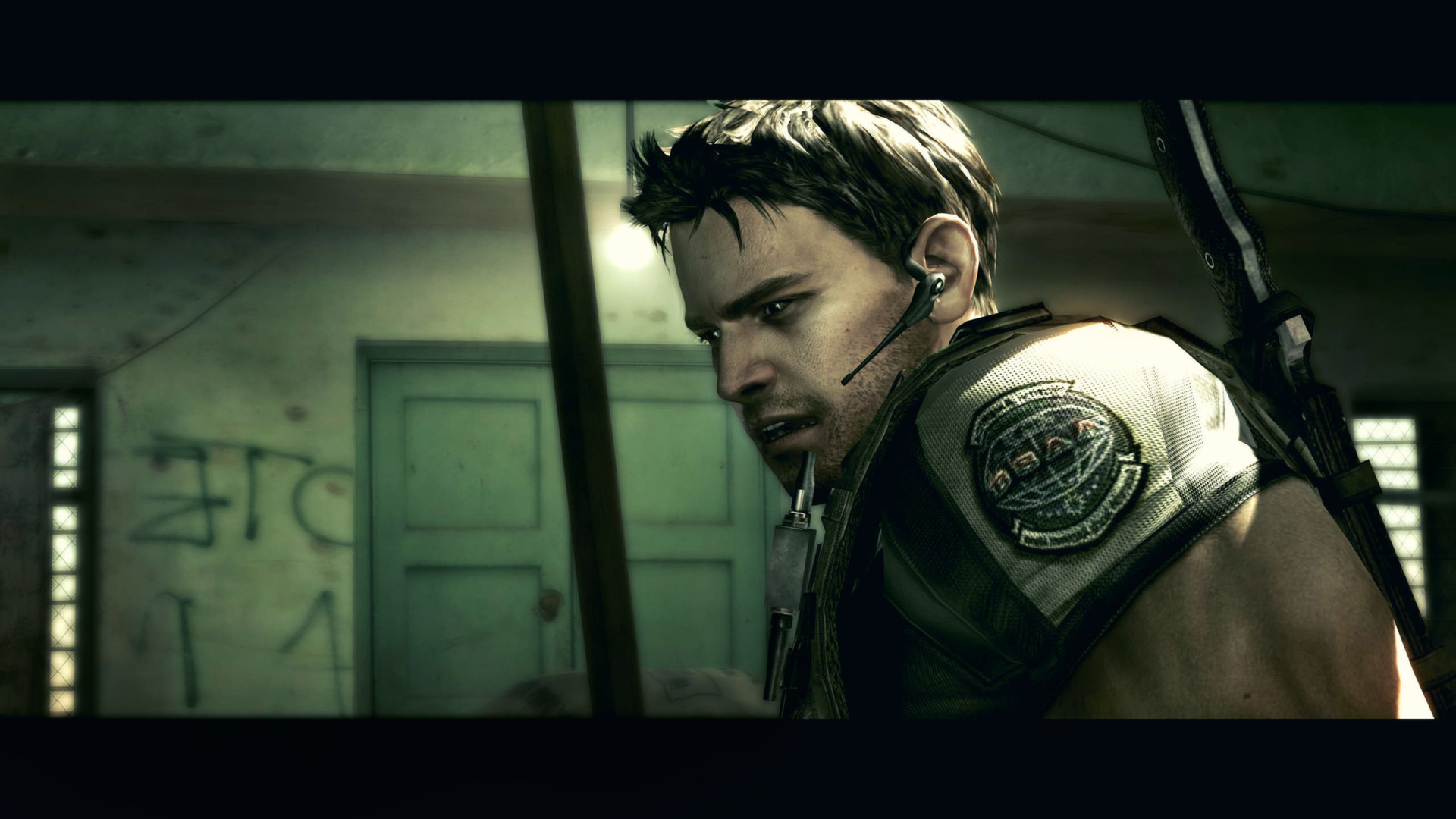
Key differences between Resident Evil 5 and the classic games
Probably the biggest difference between Resident Evil 5 and everything that came before it is the structure. While every prior Resident Evil, including 4, had some degree of “openness” to its structure, allowing you to run back and forth between different areas and indeed often necessitating that you do that in order to solve certain puzzles, Resident Evil 5 is strictly linear.
And I mean strictly. It’s split into individual stages, and within each stage there are hard boundaries between areas that coincide with loading breaks; once you cross a loading break, there’s no going back to where you were before, even within an individual stage.
As has been discussed many times over the years, there are both pros and cons to this approach. A tightly scripted, linear experience tends to provide a well-paced sense of narrative progression without the player getting bogged down in backtracking. But it can also lead to frustration if a player finds themselves stuck on a particular setpiece; with no alternative routes to find another way around or simply to come back to the difficult section later, I certainly don’t blame anyone for throwing their hands up and giving up on a game that doesn’t seem to want to let them progress or provide them with meaningful choices.
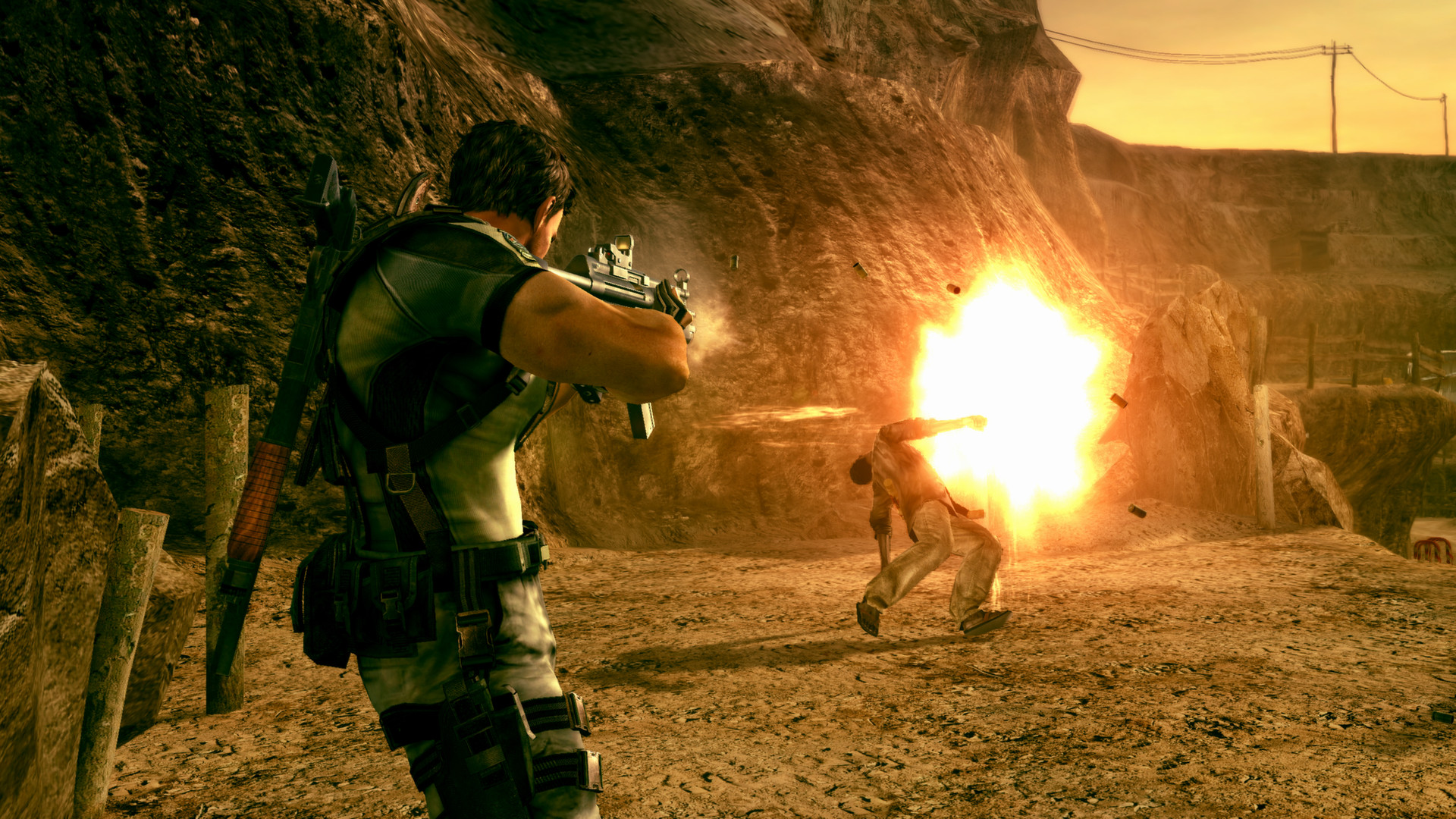
As for the “action” comment, it’s definitely true that Resident Evil 5 ups the ante in terms of the intensity of a lot of conflicts. Right at the very beginning of the game, you’re placed in a situation where you have to hold out against a veritable horde of enemies — and if you attempt to take them on, it’s very difficult to survive.
Not in the way that Resident Evil 4 often confronts you with challenging encounters, either; there, it’s a case of figuring out effective tactics to pick your way around the battlefield, taking out enemies one by one. Here, meanwhile, there are numerous instances, particularly in the early game, where Resident Evil 5 simply throws large quantities of enemies at you at once. Many encounters feel very much like my absolute least favourite part of Resident Evil 4: the villa siege, where you’re trapped in a small area with enemies coming from all sides and survival, at times, feels as much a matter of luck as skill.
What you’ll quickly discover is something of an evolution of how to succeed in Resident Evil 4: the fact that, in contrast with earlier games in the series, you should not be relying on your pistol as much as possible, only saving your “bigger” weapons for more significant threats. In Resident Evil 5, there’s absolutely no shame in getting out a more powerful weapon such as a shotgun or rifle in order to deal with the “weakest” enemies if they’re coming at you in large numbers. And once you get to grips with that, even the most unfair-seeming encounters start to become a tad more palatable.
But are they survival horror? Well.
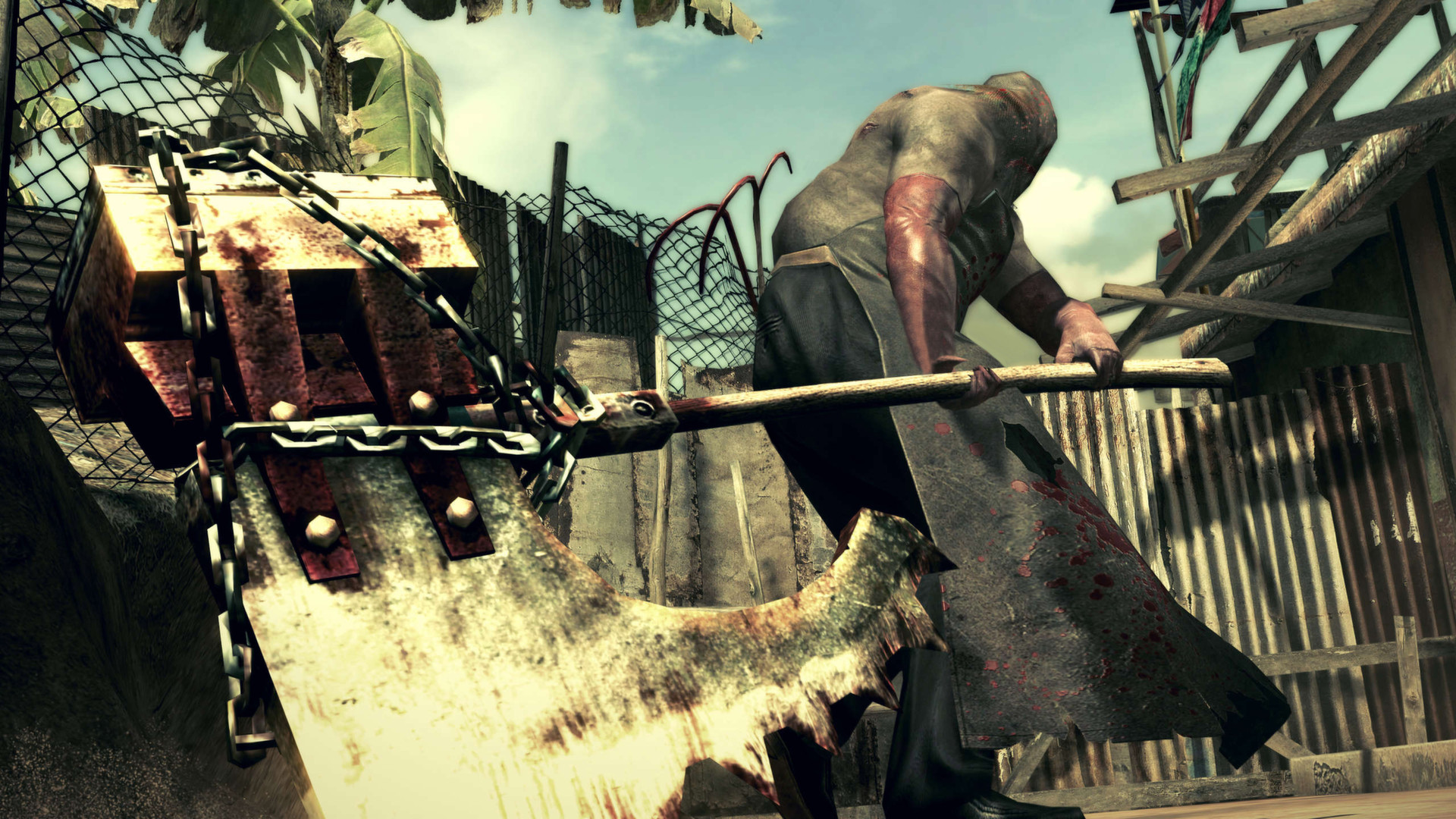
How Resident Evil 5 channels some aspects of traditional survival horror
The main way in which Resident Evil 5 feels like its older brethren is in the way it controls, particularly in the way that it takes the classic series’ oft-maligned “tank controls” to all-new heights. Protagonist Chris Redfield literally feels like a tank to control, in that he can move forwards and backwards and turn, has trouble sidestepping (particularly while running) and has to stand firmly in place in order to shoot anything, just moving his aim around a bit.
This might sound enormously cumbersome in a world where we’re accustomed to third-person shooters in which we have a lot more agility, but before long it becomes clear that Resident Evil 5 has very much been designed with this limited mobility in mind. Enemies have very long gaps between attacks, and any attacks they do make are clearly telegraphed. Not only that, but getting close to enemies is generally a very bad idea — particularly late in the game, where there are a number of foes capable of one-shotting you if you do not heed the ample warnings you get to back the fuck up.
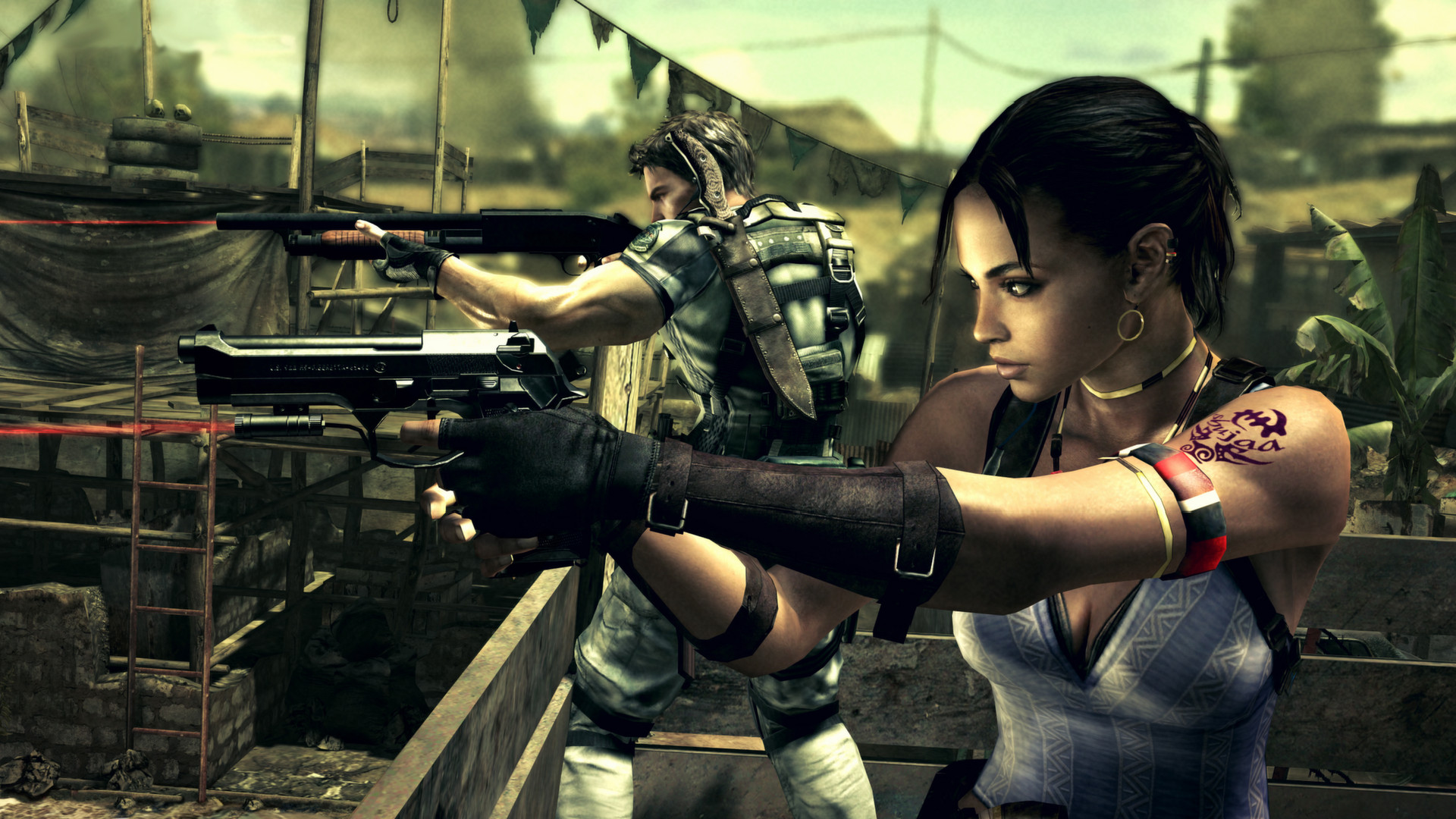
So in this sense, although the full 3D over-the-shoulder perspective might look like a modern third-person shooter, the actual execution of how you go about combat for most of Resident Evil 5 is straight out of the earlier games. In fact, it’s an improvement on the earlier games, because although you’re limited in mobility, you can always see exactly where you’re shooting and what you’re aiming at, which is something that was rather hard to do in the fixed camera-angle titles — and indeed why later revisions of the formula tended to add auto-aim.
So, clunky controls: check. Add “limited ammunition” to the mix and you have another core ingredient of classic survival horror. While I’m yet to reach a point in Resident Evil 5 where I have completely run out of ammunition, there have been situations where I’ve come perilously close. And these encounters have actually been genuinely exciting as a result.
Yes, the game is more generous than its earlier peers in that enemies often drop ammunition rather than you being completely reliant on predefined opportunities to restock around the game world, but there’s still a hefty amount of resource management involved — particularly considering that you have to contend with your partner Sheva throughout the game.
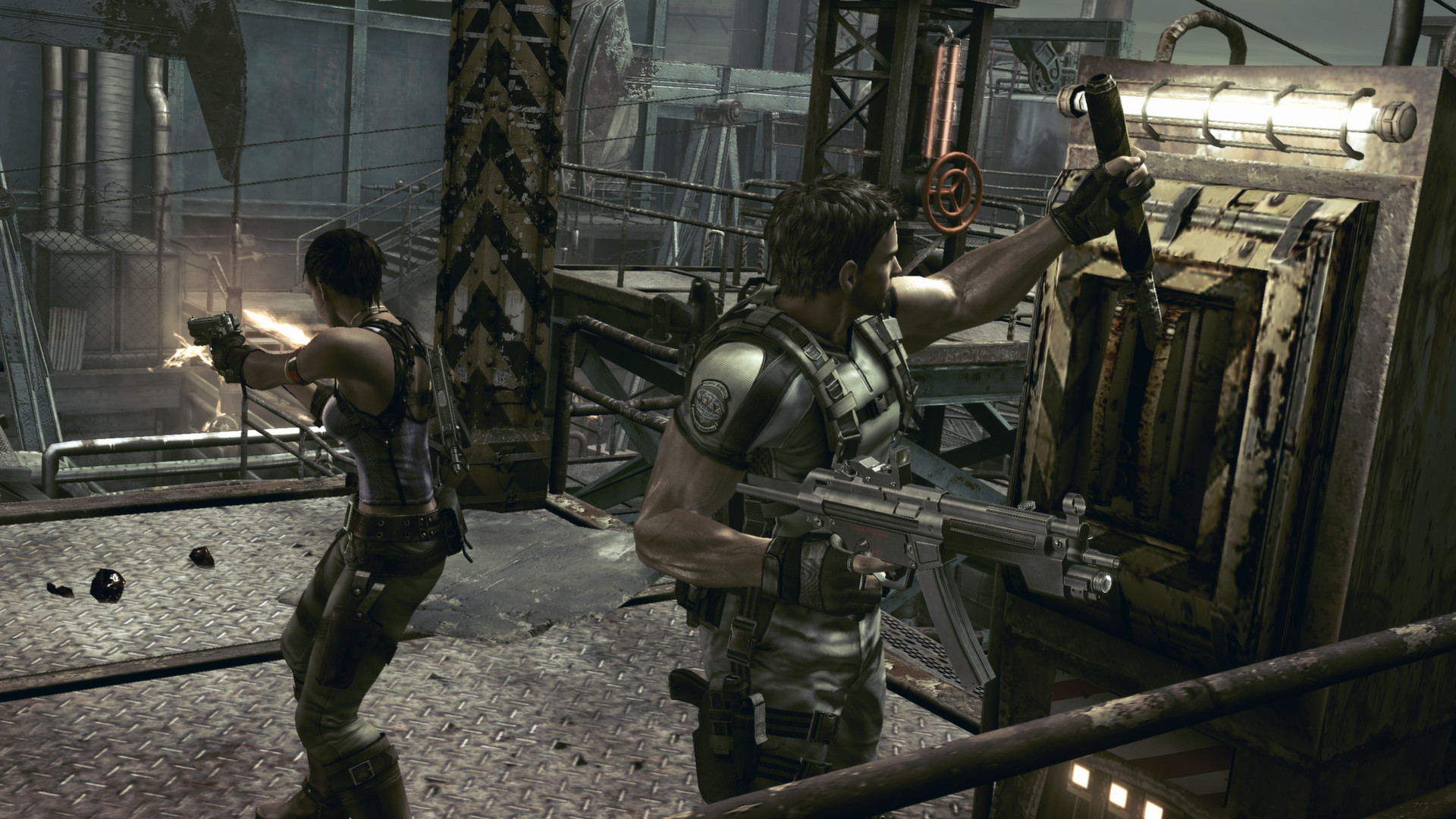
Things I hope Resident Evil never does ever again
Ah yes, Sheva. The co-op character, in a series that has been staunchly single-player up until this point. I don’t know about you, dear reader, but I’ve never known anyone who has ever successfully played through an entire story-based game in co-op. It’s simply incompatible with most people’s modern lives, whether you try and achieve it online or in person.
And thus, designing a game specifically around the idea of co-op feels like folly at the best of times. Perhaps it wasn’t at the time Resident Evil 5 first came out, as it absolutely wasn’t the only game to take this approach. But in today’s era, where most online gaming consists of relatively short, repetitive sessions involving running the same content over and over again in the hope that things might unfold marginally differently, there’s very little interest in something like Resident Evil 5, where both of you need to remain focused for the duration.
With this in mind, Resident Evil 5 in single-player can be an inordinately frustrating experience, because not only do you have to take care of yourself, you also have to babysit Sheva. Now, in fairness, AI Sheva is not as much of a liability as, say, Ashley in Resident Evil 4, but she can still be a massive pain in the arse. And more than that, she can just be outright inconvenient at times.
“Hold this”, you’ll say, passing her an item so that you can make space to pick up the healing item on the floor in front of you. “Thanks, partner,” she’ll say, helpfully passing you a box of shotgun shells in exchange, thereby filling the inventory slot that you were trying to free up. “Stop it,” you’ll say. “You really helped me out there!” she says cheerfully. “JUST DROP THE THING,” you say, frustrated at the fact that there’s no option to tell AI Sheva to simply discard something.
AI Sheva by no means makes the game unplayable, but she makes certain aspects of it a lot clunkier than they need to be. She’d be less of an issue if the game had a more substantial inventory like Resident Evil 4’s attaché case, but with just nine slots each for Chris and Sheva, inventory and resource management becomes massively cumbersome before long, particularly once you’re both carrying multiple weapons and their ammunition around. At least key items don’t take up inventory slots.
Interestingly, Resident Evil Revelations has you wandering around with a “partner” for the majority of the time, but at no point did I ever feel like they were a liability — because they just got on with things and, as a single player, I didn’t have to do anything to “manage” them.
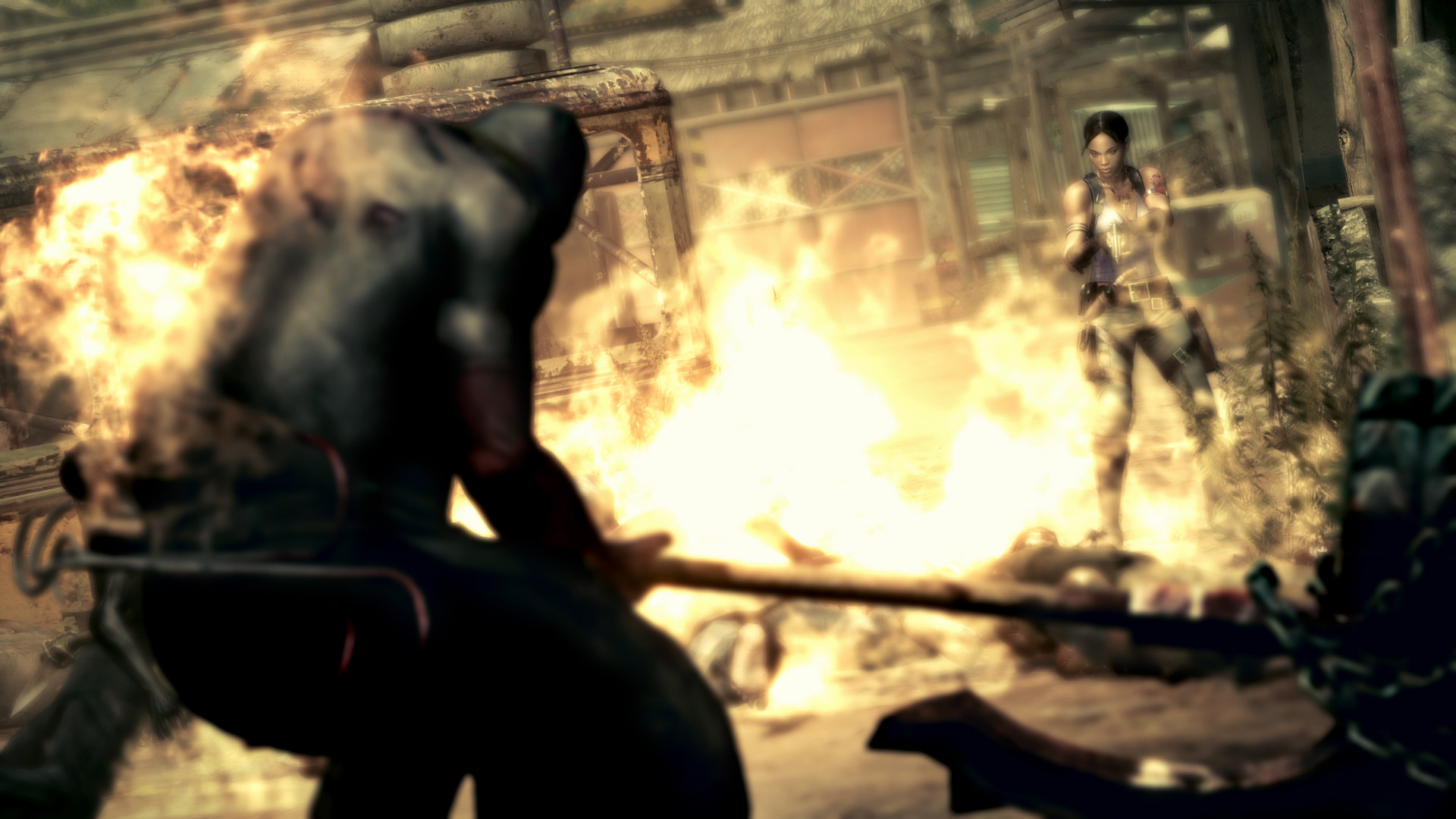
Does it all work?
Thus far, I have to say “yes”. On the one hand, I completely understand why some people bounce hard off Resident Evil 5. Its rather drab opening stages don’t help matters — dusty African villages get rather tired as a setting after a while — and its strict linearity makes the whole thing feel a lot less flexible than previous games. But stick with it, and there’s definitely fun to be had.
Start thinking about it less as a modern third-person shooter — which, despite the way it looks, it absolutely is not — and more in terms of the classic survival horror titles from earlier in the series, and it becomes a lot more enjoyable.
For a particularly potent example of this, be sure to play the extra episode “Lost in Nightmares”, which is set in a much more traditional “Resident Evil mansion” kind of setting, but with Resident Evil 5’s mechanics — and is genuinely excellent. In fact, I’m sure I’m not the only one who would rather have seen an entire game based around this setup rather than the hour-long side story that Lost in Nightmares amounts to — but it is what it is.
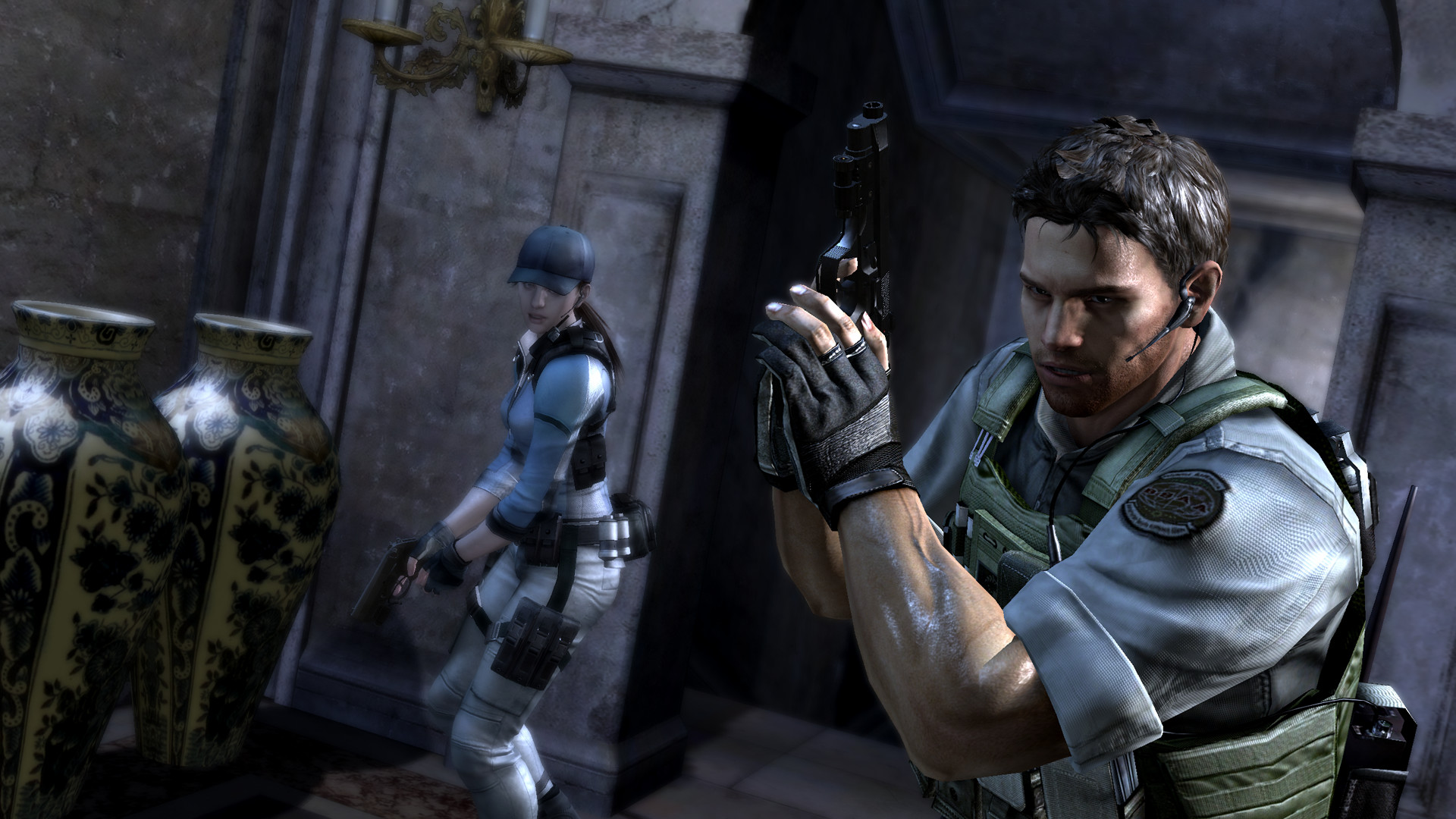
On the whole, I feel like Resident Evil 5, although an indisputably controversial entry in the series, perhaps isn’t as “bad” as some people like to make out. As with anything else, the game is best appreciated on its own terms without allowing other people to colour your judgement — so I’d encourage anyone who is at least curious about it to try it for themselves and make their own mind up.
I don’t think anyone would complain about a Resident Evil 4-style remake at this point, though!
Join The Discussion
Rice Digital Discord
Rice Digital Twitter
Rice Digital Facebook
Or write us a letter for the Rice Digital Friday Letters Page by clicking here!
Disclosure: Some links in this article may be affiliate links, which means we may earn a small commission if you make a purchase after clicking on them. This is at no additional cost to you and helps support Rice Digital!
- Letter from the Editor: passing the torch - June 30, 2023
- Super Woden GP 2 is looking promising - June 30, 2023
- Inti Creates is making a 32 bit-style Love Live action platformer - June 26, 2023






